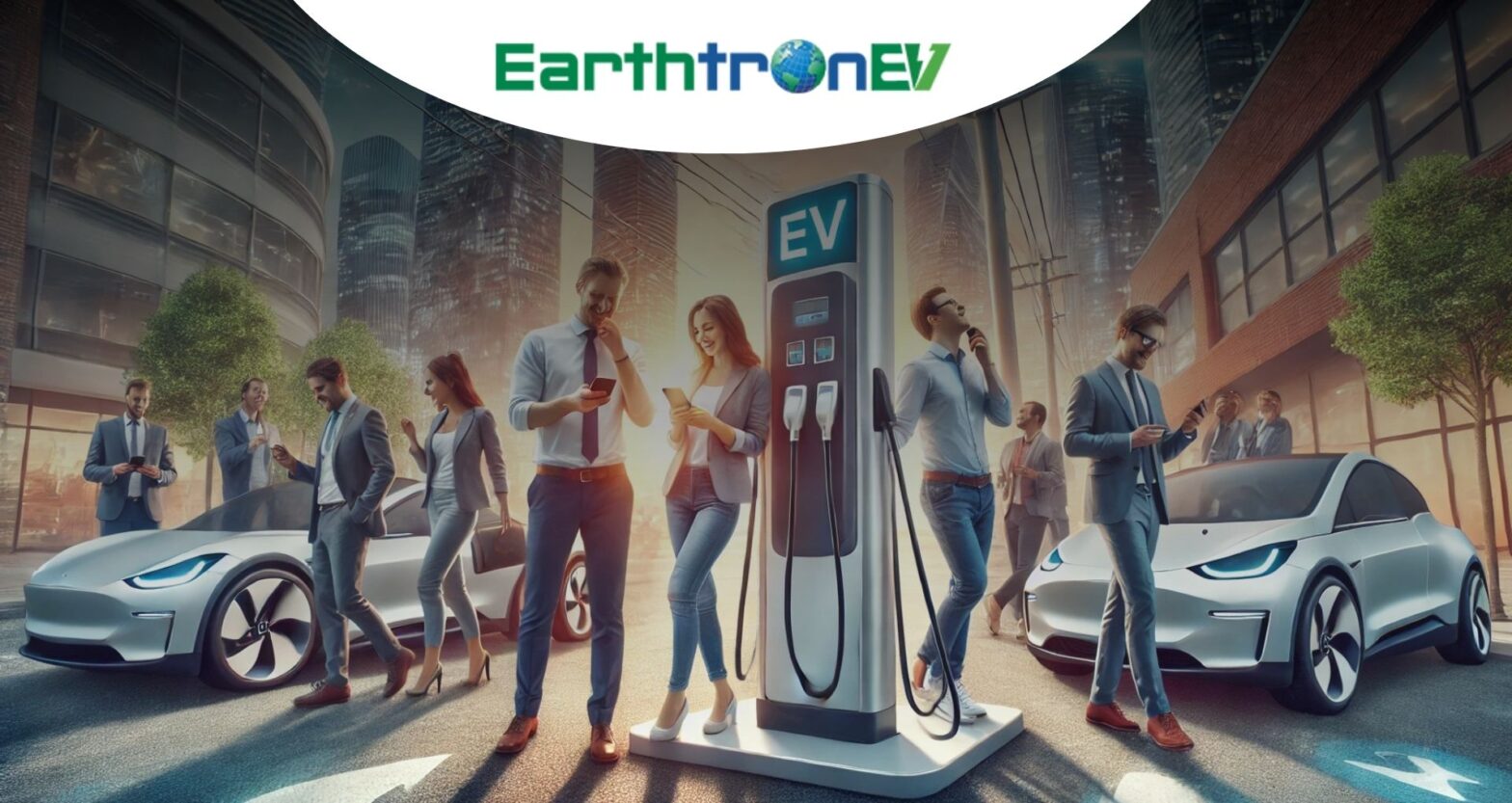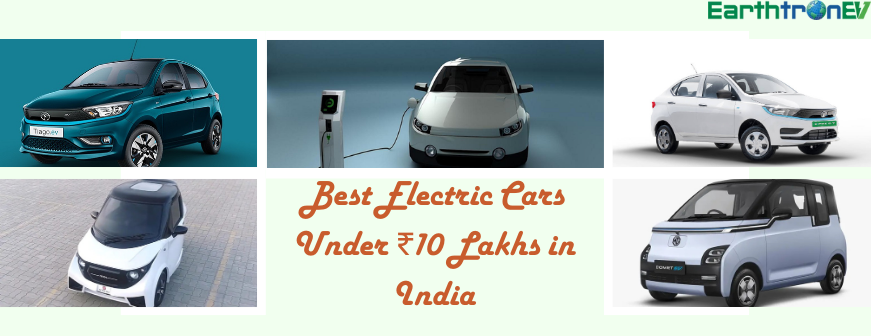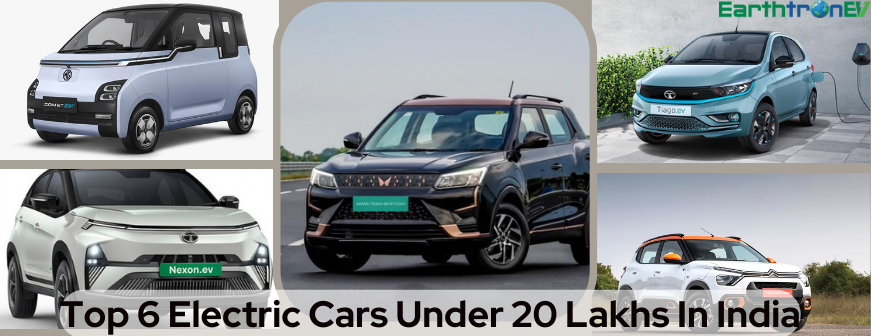Welcome to the fueling station of the future! We’re about to embark on a journey that will take us beyond traditional petrol stations and into a new era of alternative fuels. Petrol stations have always been at the forefront of innovation, constantly adapting to survive in an ever-changing world. But what lies ahead for these essential pit stops?
Will hydrogen stations be the driving force behind our transportation needs? And what about biofuels – are they truly renewable? Join us as we explore the exciting possibilities and envision what the future holds for petrol stations. Buckle up, because this ride is going to be electrifying!
A new era for petrol stations
Gone are the days when petrol stations were simply a place to fill up your tank. We’re entering a new era where these fueling stations are transforming into multi-purpose hubs that cater to our ever-evolving needs. Picture this: as you pull in, you’ll not only find rows of fuel pumps but also charging ports for electric vehicles and hydrogen dispensers for those embracing cutting-edge technology.
But it doesn’t stop there. These futuristic petrol stations will also offer a range of amenities, creating an inviting space for drivers to relax and rejuvenate. Imagine grabbing a cup of freshly brewed coffee at the café while your vehicle charges or browsing through curated boutiques showcasing sustainable products.
Petrol stations have always had to adapt to survive
Petrol stations have always been a familiar sight along our roads, providing us with the fuel that powers our vehicles. But they haven’t always stayed the same. These stations have had to constantly adapt in order to survive in an ever-changing world.
In the early days, petrol stations were simply places where you could fill up your tank and maybe grab a snack or use the restroom. But as technology advanced and consumer demands shifted, these stations had to evolve.
They started offering convenience stores stocked with everyday essentials, coffee shops for those on-the-go caffeine fixes, and even fast food chains for hungry travelers. Petrol stations became more than just a pit stop – they became destinations themselves.
But now, with the rise of alternative fuels and growing concerns about climate change, petrol stations face another challenge: how to incorporate these new technologies into their business models.
Are hydrogen stations the future?
Are hydrogen stations the future? It’s an intriguing question that has been sparking debate in recent years. With concerns about climate change and the push for sustainable energy sources, many experts believe that hydrogen could play a significant role in the future of transportation.
But what exactly is hydrogen? Simply put, it’s an element that can be used as a fuel source when combined with oxygen. When burned, it produces only water vapor as a byproduct, making it incredibly clean.
- One area where hydrogen has shown promise is in powering trucks. Hydrogen trucks have already hit the roads in some parts of the world, offering zero-emission transportation solutions for heavy-duty applications. These trucks are powered by fuel cells that convert stored hydrogen into electricity to drive the vehicle.
- The sustainability of hydrogen fuel is another crucial factor to consider. Unlike fossil fuels like gasoline or diesel, which are finite resources and contribute to greenhouse gas emissions when burned, hydrogen can be produced from renewable sources such as wind or solar power through electrolysis.
What exactly is hydrogen?
What exactly is hydrogen? It’s a question that many people are asking as we explore alternative fuels for the future. Hydrogen, symbolized by H on the periodic table, is the lightest and most abundant element in the universe. It’s colorless, odorless, and tasteless.
In terms of fuel, hydrogen has gained attention because it can be used to generate energy without producing harmful emissions. When burned or used in a fuel cell, hydrogen combines with oxygen from the air to produce electricity. This process only produces water vapor as a byproduct, making it an environmentally friendly choice.
Hydrogen can be produced through various methods such as electrolysis or steam methane reforming. Electrolysis involves splitting water molecules into hydrogen and oxygen using electricity, while steam methane reforming extracts hydrogen from natural gas.
Hydrogen trucks
Hydrogen trucks are paving the way for a cleaner and more sustainable future in the transportation industry. These vehicles use hydrogen as fuel, emitting only water vapor instead of harmful greenhouse gases. But what exactly is a hydrogen truck?
At its core, a hydrogen truck is similar to a traditional diesel or gasoline-powered truck. It has an engine that converts fuel into energy to power the vehicle. However, instead of using fossil fuels like diesel or gasoline, these trucks use hydrogen gas stored in onboard tanks.
The process of converting hydrogen into energy is done through a fuel cell system. This system combines hydrogen with oxygen from the air to produce electricity, which powers an electric motor that drives the vehicle’s wheels.
One key advantage of hydrogen trucks is their long range and quick refueling time compared to battery-electric vehicles (BEVs). Hydrogen can be replenished at specialized stations within minutes, whereas BEVs require hours to recharge.
Additionally, hydrogen trucks have greater payload capacity since they don’t rely on heavy batteries for storage. This makes them suitable for applications where carrying heavier loads over longer distances is necessary.
Is hydrogen fuel sustainable?
This is a question that has been hotly debated in recent years. On one hand, proponents argue that hydrogen fuel is the answer to our energy needs, offering clean and renewable power. On the other hand, skeptics point out the challenges of producing and storing hydrogen gas.
Hydrogen itself is abundant in nature, making up about 75% of all matter in the universe. It can be produced through various methods such as electrolysis or steam methane reforming. However, these processes often require large amounts of energy and can produce greenhouse gases as byproducts.
What is biofuel and is it renewable?
What is biofuel and is it renewable? Biofuel, as the name suggests, is a type of fuel that is derived from organic matter. It can be made from various sources such as crops, agricultural waste, or even algae. Unlike fossil fuels like petrol or diesel, which are formed over millions of years and considered non-renewable resources, biofuels are renewable because they can be produced relatively quickly.
- One common type of biofuel is ethanol, which can be produced by fermenting sugars found in crops like corn or sugarcane. Another example is biodiesel, which is made from vegetable oils or animal fats. These alternative fuels have gained popularity due to their potential for reducing greenhouse gas emissions compared to traditional fossil fuels.
- Biofuels offer several advantages beyond being renewable. They can help reduce dependence on imported oil and increase energy security. Furthermore, their production process often generates fewer pollutants than conventional petroleum-based fuels.
What does the future of petrol stations look like?
The future of petrol stations is undergoing a significant transformation. With the rise of alternative fuels, these traditional fueling hubs are being forced to adapt and evolve in order to stay relevant in the changing landscape.
- One potential direction for the future of petrol stations lies in hydrogen fuel. Hydrogen has been touted as a clean and sustainable energy source that could potentially replace fossil fuels. Hydrogen refueling stations have already started popping up around the world, offering drivers an alternative option to gasoline or diesel.
- But what exactly is hydrogen? It’s a colorless, odorless gas that can be produced through various processes such as electrolysis or reforming natural gas. When used as a fuel, it combines with oxygen from the air to produce water vapor and releases energy in the process. This means that vehicles powered by hydrogen emit only water vapor as their exhaust.
- Hydrogen trucks are also becoming more prevalent on our roads. These heavy-duty vehicles are seen as an important step towards decarbonizing transportation, particularly for industries like logistics and freight where electric batteries may not yet be practical due to weight limitations.
Why choose us
In this rapidly evolving world, the future of petrol stations is changing before our eyes. As we strive for a greener and more sustainable future, alternative fuels are emerging as key players in the energy landscape. Hydrogen and biofuels have taken center stage, offering promising solutions to reduce emissions and dependence on fossil fuels.
Hydrogen stations are paving the way for a new era of fueling infrastructure. With hydrogen-powered vehicles gaining traction, these stations provide an efficient and eco-friendly solution for drivers looking to make the switch. But what exactly is hydrogen? It’s an abundant element that can be produced through various methods, including electrolysis or extracting it from natural gas.







